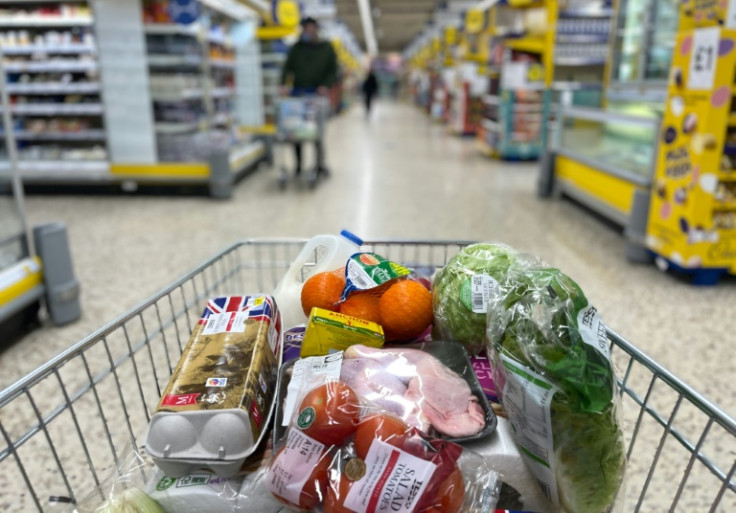The UK food and consumer goods business struggles with low consumer confidence, inflation and labour shortage
The UK food and consumer goods business is facing challenges, including inflation and labour shortages, according to the Institute of Grocery Distribution.

The UK food and consumer goods business is facing multiple challenges, including persistent inflation, a substantial labour shortage and changing laws.
Institute of Grocery Distribution (IGD) July Economics Viewpoint Report outlines the range of complicated challenges that business executives confront in the wake of low consumer confidence. To adapt to these developments and thrive, the paper suggests that the sector will need progressive leadership and a collaborative strategy across the whole supply chain.
While wage growth remains solid, IGD's data suggests that UK households will struggle in real terms for some time. The report indicates that 66 per cent of lower-income households are lowering grocery spending and 54 per cent are reducing the amount of food and drink consumed at home.
James Walton, Chief Economist at IGD, stated that IGD predicts that food price inflation will slowly and steadily decline over the remainder of 2023, reaching approximately 9 per cent by December. Despite the fact that food price inflation looks to have peaked in March, Walton stated that major price cuts are unlikely at this time, and sales volumes are predicted to be low until March 2024.
Another pressing issue mentioned by IGD is the labour shortage needed to keep the food supply chain going. The scope of the problem was recognised in DEFRA's recently published Independent Review on Labour Shortages in the Food Supply Chain. The evaluation also acknowledges IGD's critical role in boosting awareness of the vast array of job opportunities in food and beverage.
"Labour pressures may be the industry's Achilles' heel, driving costs while undermining capacity," Walton continues. According to him, resolving this issue is critical to long-term industry resilience, and attention will be drawn to it as it becomes more pressing. This comes at a time when consumer confidence is low.
The latest consumer research done for this new analysis from IGD also shows that individuals with lower incomes are under more pressure, with 54 per cent cutting the amount of food and drink consumed at home compared to 36 per cent in the higher income category.
The research also details a slew of policy changes and adjustments that will have a lasting influence on the food and consumer products industries. Among the changes, the research noted, are the adoption of the Windsor Framework, which could affect regulations at the Northern Irish border, as well as the installation of new border restrictions for animal products, which will be triggered by Brexit.
The sector also anticipates operational issues associated with the Deposit Return Scheme and the Extended Supplier Responsibility that may result. If implemented, the initiative will stimulate the reuse of drink bottles in Scotland as well as the development of innovative packaging methods.
As the UK's largest manufacturing sector and private sector employer, decision-makers are increasingly seeking knowledge and analytics to influence the recovery path.
Earlier, DEFRA chose IGD to make a positive social effect in conjunction with the food and consumer goods industries. The Independent Review of Labour Shortages in the Supply Chain, conducted by John Shropshire, advises that the Food and Drink Sector Council (FDSC) take the lead in executing a comprehensive strategy to boost sector attractiveness, with key industry organisations such as IGD playing an important role.
Naomi Kissman, Social Impact Director of IGD, expressed her satisfaction with IGD being mentioned in these recommendations as an organisation with the relevant skills and knowledge to raise awareness about employment prospects in the sector.
Kissman emphasised the importance of creating a talent pipeline for the future and working together with the industry to inspire young people and establish strong partnerships locally.
© Copyright IBTimes 2025. All rights reserved.






















